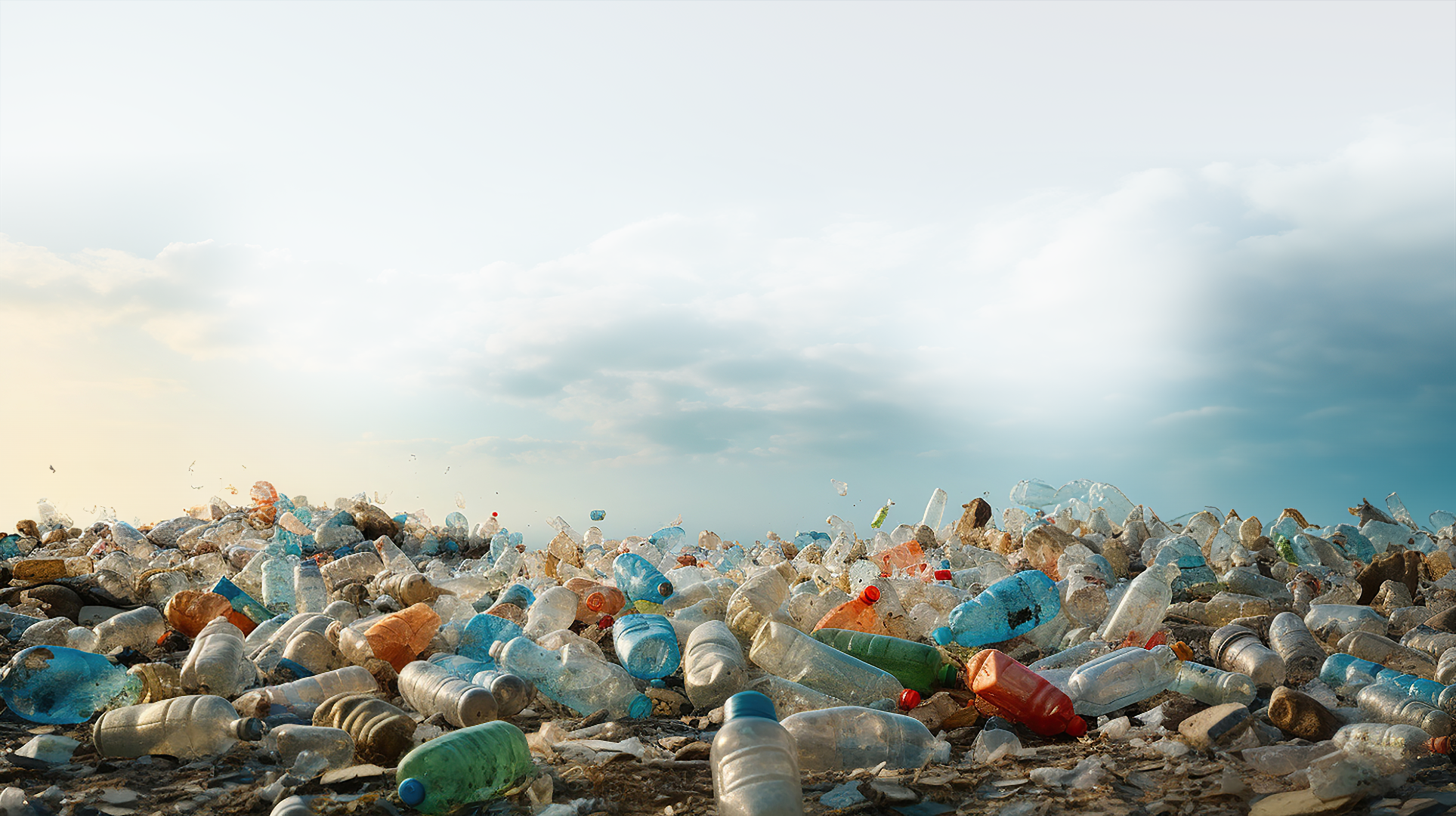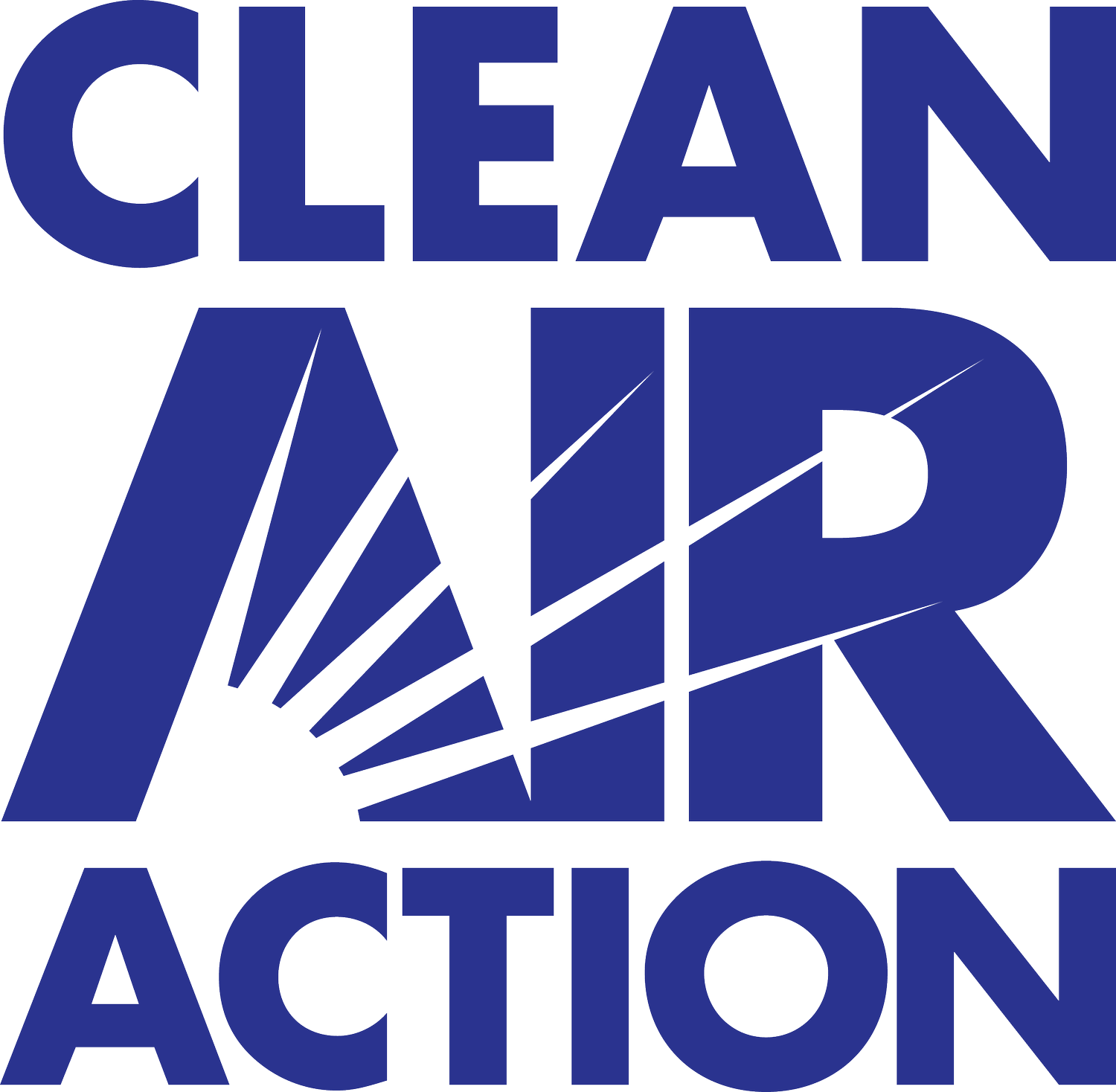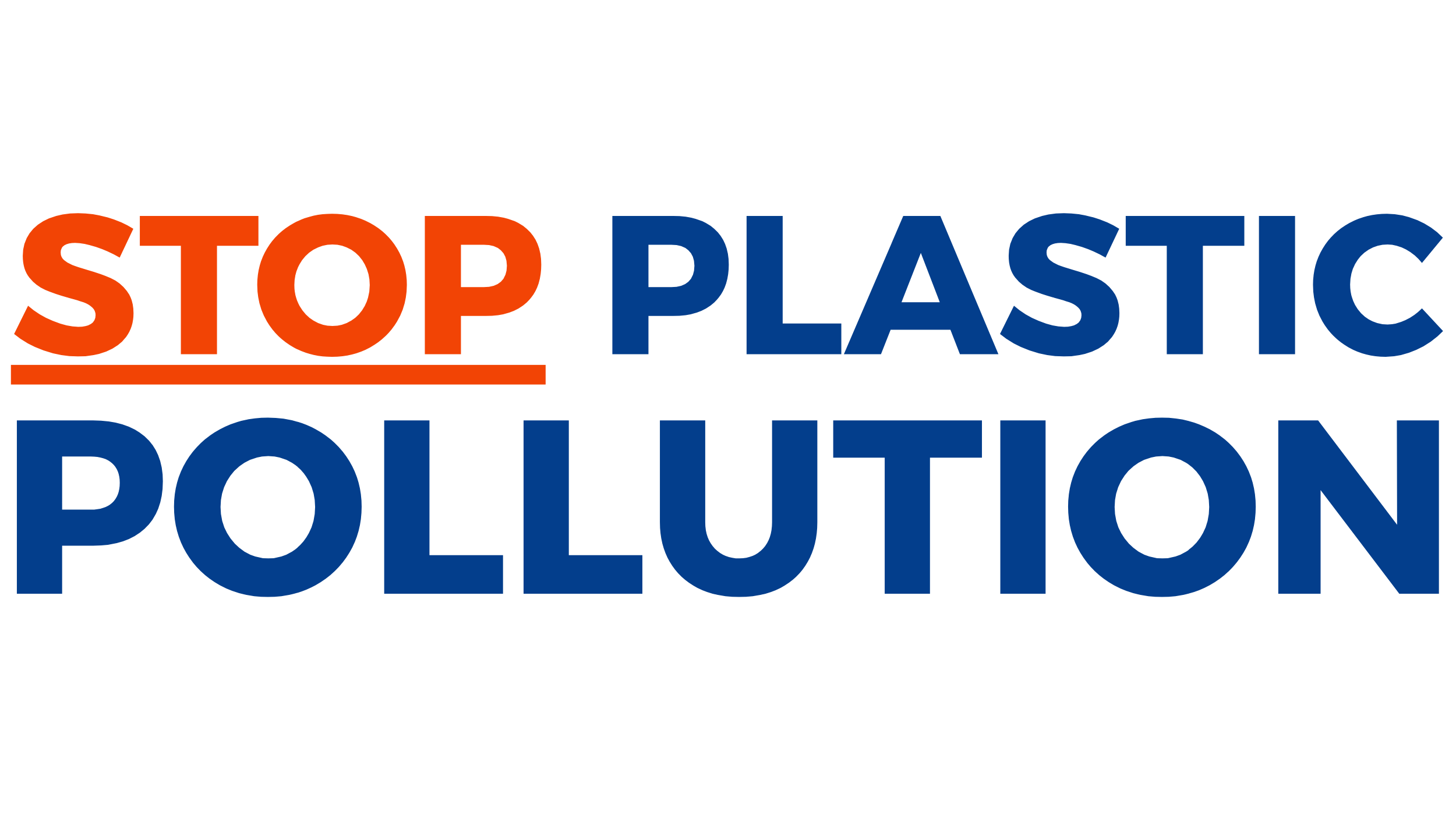
We Have a Plastic Pollution Problem
Petrochemicals are bad for people and for the planet.
We must act now to keep petrochemical sites
out of communities.
What are Petrochemicals?
Petrochemicals are chemicals derived from oil and fracked gas. Fossil fuel companies extract these raw materials from the Earth and use them in a complex chemical process to convert them into chemicals like ethylene, propylene, butadiene, benzene, xylene, toluene, and methanol.
These chemicals are used to manufacture plastic and other products like fertilizers and detergents.
Petrochemical Production
Much of the petrochemical production in the United States currently takes place along the Gulf Coast in a region known as “Cancer Alley” based on the documented hazards and negative health effects nearby communities face as a result of petrochemical plants and operations.
There are more than 120 proposed petrochemical projects in the United States today, and fossil fuel companies are working to try to create a second “petrochemicals hub” in Appalachia.
Why are petrochemicals so dangerous?
Petrochemicals pose a dire threat to public health and our environment at every step in the process, from gas drilling and production to transport, downstream manufacturing, end use, and disposal.
Petrochemicals require more dirty and dangerous drilling for raw materials.
Operating petrochemical facilities and downstream plants require an enormous amount of energy.
Transporting and storing these dangerous chemicals poses a hazard to nearby communities; just 22 cars pose a Hiroshima-level explosion risk.
“Nurdles” – fish-egg-size plastic pellets – from petrochemical plants absorb other toxic pollutants enroute to entering our oceans as microplastics.
Plastics used in single use and other products add 400 million tons of trash to landfills each year.
The health hazards of petrochemicals are also well established. Facilities release pollutants that can cause asthma, cardiovascular disease, infertility, adverse birth outcomes, cancer, respiratory conditions, and more.
Often, vulnerable populations in environmental justice communities are forced to bear the brunt of these hazards.
Spotlight on Shell
The Shell Polymers Monaca plant shows just how massive the industry’s appetite is – and how devastating it is for nearby communities and ecosystems.
The Shell location in Beaver County has its own rail line and is capable of producing more than 1.6 million metric tons of plastic each year. After just a few months of operations, the plant has already exceeded permit limits for dangerous pollutants and volatile organic compounds.
At the same time, it has failed to keep nearby residents and regulators informed of loud noises, noxious odors, lighting issues, and other issues that are impacting the safety and quality of life of nearby communities as legally required.
No More Petrochemicals
Clean Air Action Fund’s petrochemicals campaign focuses on curbing petrochemical use and hazards on three critical fronts:
Stopping New Petrochemical Facilities
Through community organizing efforts and active participation in the planning and permitting process, we will oppose new petrochemical facilities and empower local residents and affected groups to fight back against a well-funded and politically connected fossil fuel industry.
Holding Existing Petrochemical Operators Accountable
We work to ensure operators like Shell operate within approved permit limits and hold them accountable to the communities they impact.
We advocate for more comprehensive funding for the Pennsylvania Department of Environmental Protection and the United States Environmental Protection Agency to ensure robust enforcement.
Transitioning Away from Our Reliance on Plastics
As a society, we should strive to greatly reduce or eliminate single-use plastic products like bottled water and plastic grocery bags from our everyday lives.
Keep Fracking Away From Our Homes and Schools
We need strong, common sense protective buffers to better protect residents from the impacts of fracking infrastructure.



